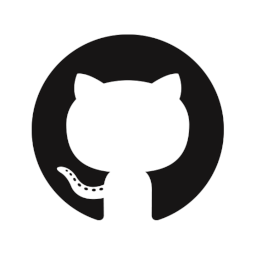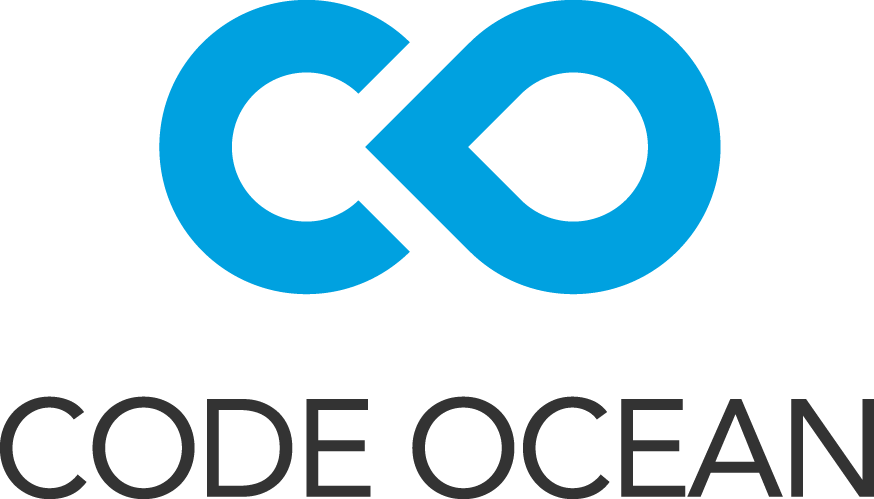Open Knowledge
The main goal of the Open Knowledge pillar is to openly disseminate its published scientific results beyond the traditional academic dissemination channels, and to ensure that these results achieve maximum visibility by other researchers and in general the stakeholders. Opening up access to research results produced by members of the KIOS CoE, it allows other interested parties to build on-top of that work and promotes further research, innovation activities and entrepreneurship in the area of CIS. Moreover, the Open Knowledge pillar has a significant impact on the way research is shared and knowledge is managed within the KIOS CoE, thus enhancing scientific excellence.
The Open Knowledge pillar is comprised of procedures and tools aimed towards improving the reproducibility and repeatability of all the published scientific results produced within the KIOS CoE. Specifically, the Open Knowledge pillar is comprised of the following components.
Open Publications
Scientific publications produced within the KIOS CoE are released mainly under the “green” open access model, while the “gold” open access model remains another option. By openly disseminating scientific publications, besides transparency, it enables various stakeholders to utilise the KIOS CoE research outputs and outcomes, both in the general areas of ICT and specific areas of CIS, e.g., in academia for basic and applied research as well as in education curricula, in the industry for innovation applications, and in public authorities for innovation projects and policy-making. The scientific publications of KIOS CoE are self-archived in the KIOS CoE Open Knowledge Portal hosted on Zenodo, which is linked to the OpenAIRE platform.
Links to the main KIOS CoE scientific publications:
Open Data
Selected data related to research results stemming from KIOS CoE scientific publications are released as open research data, considering the relevant data management plan. These data are self-archived in the KIOS CoE Open Knowledge Portal hosted on Zenodo, which is linked to the OpenAIRE platform. In some cases, datasets collected from real-world CIS via the collaborators of the KIOS CoE will also serve as benchmarks for future and emerging research, securing the KIOS CoE’s aspiration to become a leading institution in CIS research.
Links to KIOS CoE open research data:
- List of all available datasets
- Dataset for “Real-Time Hydraulic Interval State Estimation for Water Transport Networks: a Case Study”
Open Software
Where possible, the software needed for validating the published research results including software libraries, modules, and tools is made available, either as open or closed source depending on the respective IP exploitation plan.
In the open source form, the source code of the software is released to the KIOS CoE Github Repository. In the closed source form, the compiled version of the code is released on the KIOS CoE Open Knowledge Portal on Zenodo. In both cases, the software is linked to the associated scientific publication.
Releasing the software will enable KIOS CoE research to be evaluated by other scientific and academic institutions, providing visibility and credibility, as well as various CIS authorities to experiment first-hand and apply the research results directly in their systems. Users, in turn, can also choose to contribute to the software that is released under an open-source license, by providing feedback, suggesting modifications to the code, detecting bugs, etc.
Links to KIOS CoE open software:
- Open-source software on the KIOS CoE Github Repository
- Closed-source software on the KIOS CoE Open Knowledge Portal
Reproducible Research
Even when all the data and executable algorithms are available, a user may require specific software licenses and hardware on their computer to reproduce a research result. This is limiting the ability to verify the developed methods independently. For this reason, the KIOS CoE goes one step further towards open science, by allowing anyone to reproduce and repeat the scientific results under different assumptions and configurations for the underlying experiments using web-based platforms with open access. This enables researchers to demonstrate the methods underpinning their published results and at the same time, any user will be able to re-execute these results via the open access web platform.
To promote and actively support reproducible research, the KIOS CoE is using the Code Ocean research collaboration platform.
Research Cross-linking
Open access publications and associated data are usually stored at different repositories. The KIOS CoE has created the KIOS Open Science project on the Open Science Framework (OSF) platform. This allows researchers to create public websites for each of their research outputs (e.g., associated with projects or publications), which are then connected transparently to different repositories via OSF APIs. This allows sharing, collaboration, and discussion with the research community, as well as monitoring open-science metrics, such as the Altmetric Attention Score.


